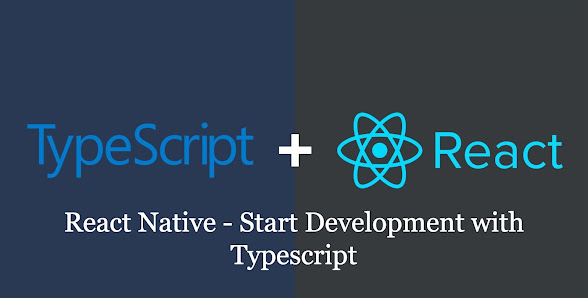Are you thinking to create a mobile app?. Are you confused when it comes to selecting the right framework for your app? We are aware of the huge impact of mobile apps surrounding us but still, the road to mobile app development is not as easy as it seems. It is not only about developing the mobile app but also satisfies the customers.
What are the Advantages of Flutter?
Author: Vikash Kumar
Working in a software application development company, he loves to share technical topics via blogging on different major platforms. You can visit here to know more about his company and you can follow him on Twitter.
In this article, we'll be taking a look at the most reputed Flutter framework along with its advantages and disadvantages when you take it into consideration for the mobile app development. Let's get started with.
What is Flutter and how does it Work?
Flutter is an open-source and free framework that is used for building native-looking applications on Android and iOS without writing new code. Google has released the Flutter framework since 2017 but it began to work as a full product in the year of 2018. Though its a new tool, companies such as Alibaba and Tencent are already adopting this technology for their businesses. Also, Google makes use of it in Google Ads application because of its rich features and capabilities.
Flutter is something more than just a framework. It is an SDK for applications that are intended for a touch screen. Its basic role is to work with iOS and Android gadgets yet it can likewise run quite well on different stages also. In the event that you wish to build up an application in Flutter, at that point it is an unquestionable requirement to learn Dart - a simple and object-oriented programming language with various highlights so as to fabricate a local application. Google makes use of Skia - an open-source 2D rendering engine for interfacing its site. Such a set of components allows creating UI which is similar to game development. Each component in Flutter is a custom widget that is built to look the same for Android (Material Design) and iOS (Cupertino) devices.
What are the Advantages of Flutter?
Even though React Native by Facebook is the top-notch competitor in the market, we will focus on the pros and cons of the Flutter which you can consider in order to build your mobile app.
● Build Android + iOS apps at Once: As the Flutter makes use of the same code base, you do not need to write any individual code for both the platforms. Henceforth, the applications made in Flutter works on both the Apple and Google platform effectively. This demonstrates you need less coding for your advancement and investigate more business opportunities with a concurrent release for both the stages.
● High-Speed Coding and Prototype development: One of the hot features of the Flutter is it's hot reload which allows the real-time changes in the code without any need to restart the app. The updated source code is incorporated into the app and Flutter rebuilds the widget to make you see the live changes. Hot reload lifts up the procedure drastically and improves the entire procedure b pushing designers to effectively the bugs and test new UI highlights without tie-ups.
● Quick Performance and No Compatibility Issues: As flutter isn't utilizing any OEM gadgets and there is no JavaScript connect for the receptive perspectives, the application execution is ending up quicker than in non-vacillate applications. Every one of the gadgets and their renders is an imperative piece of the application and not the stage. Likewise, there is no requirement for extra libraries so as to guarantee productivity and similarity with the Android and iOS gadgets. In spite of the fact that there are a few confinements, running a Flutter can be conceivable on 64-piece iOS gadgets and all Android gadgets above 4.4 or 4.1 with the product rendering.
What are the Disadvantages of Flutter?
● New Language: Although Dart is an easy language to learn but still a new language to know about if you wish to use Flutter. Also, it is a bit tricky to get the online help and support from the community as it doesn't possess a vast group of developers to help out.
● Suits Universal apps: One of the biggest advantages of Flutter is that it can build native-looking Android and iOS applications by making use of the same code base, but sometimes, it can turn into its biggest disadvantage for the same. The framework is designed for cross-platform and universal apps. By utilizing the Flutter for stage explicit ventures which give the stage gave see or are in any capacity more to one stage that the other one which isn't the best decision.
● No Smaller apps than 4MB: As the flutter-made applications are used with built-in widgets and not platform widgets, their size seems to be usually large. Currently, the smallest possible app which can be made using Flutter cannot weigh less than 4MB. In any case, the Google group guarantees that they are attempting to upgrade the framework for significantly more.
Here, we come to the end of the article. There is no uncertainty in the notoriety of the Flutter which is getting to be one of the most energizing instruments in the market so as to create versatile applications. Leverage the amazing benefits of Flutter to give your business a competitive edge. Till then - keep learning!
Author: Vikash Kumar
Working in a software application development company, he loves to share technical topics via blogging on different major platforms. You can visit here to know more about his company and you can follow him on Twitter.













